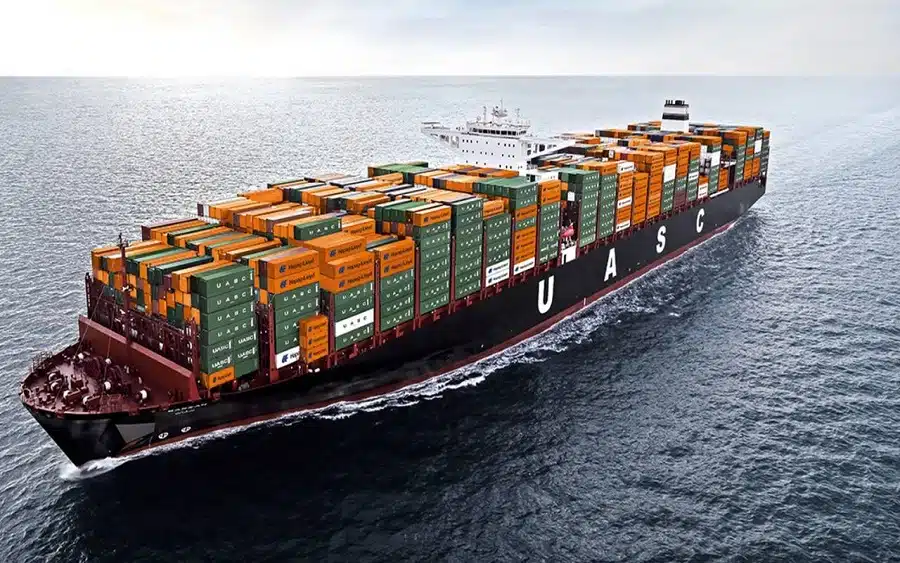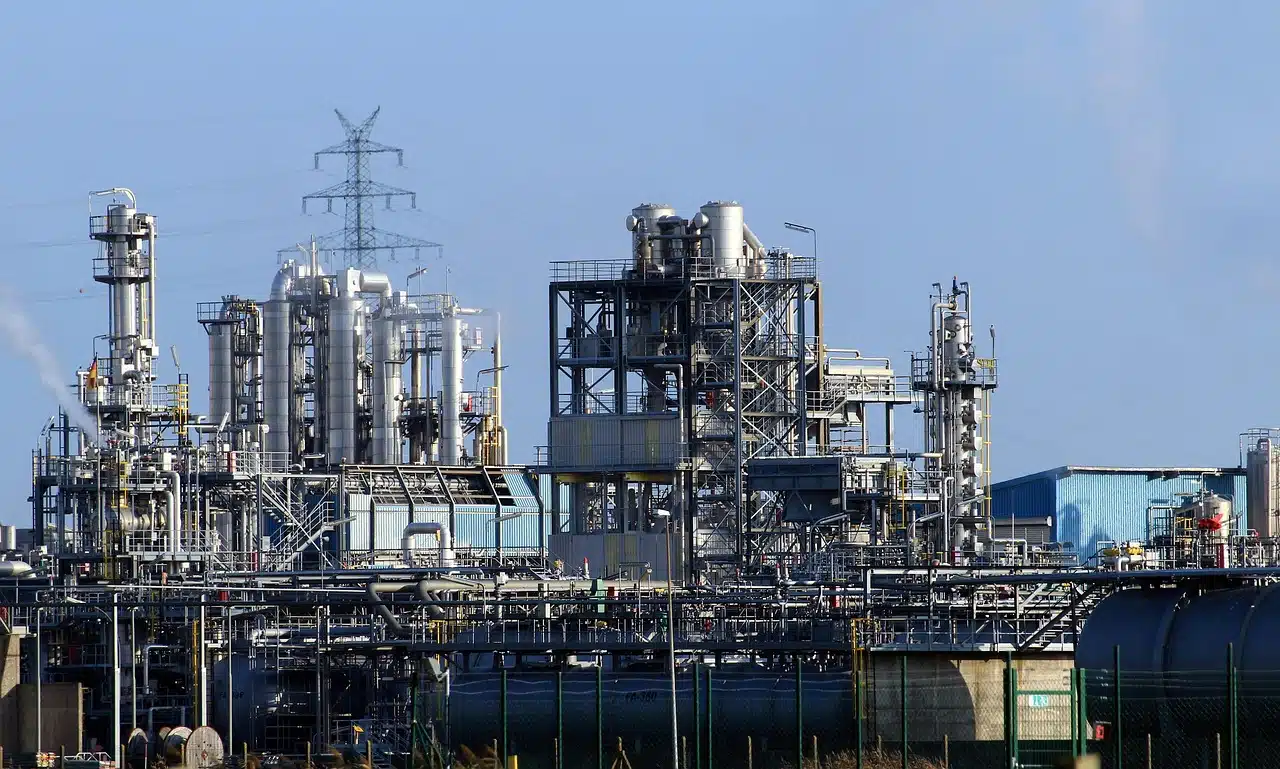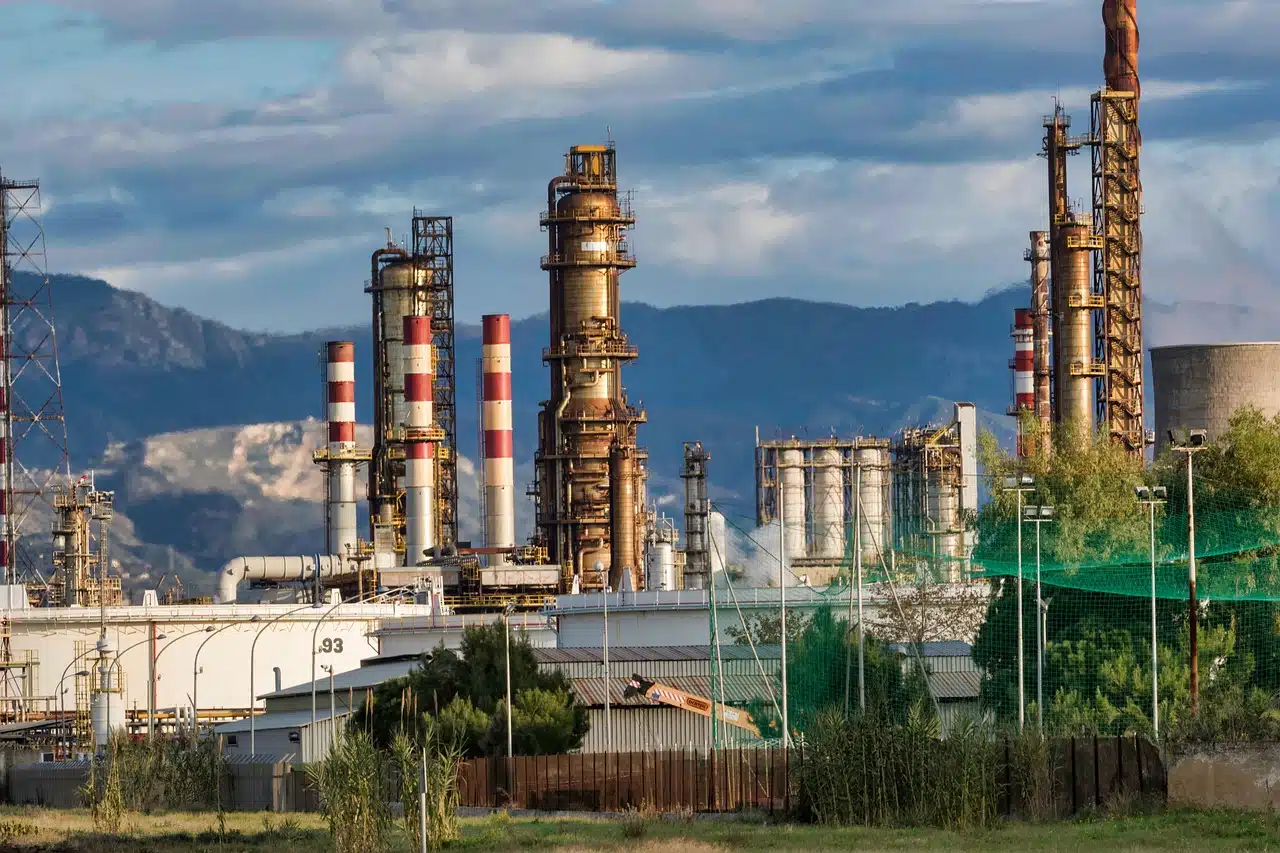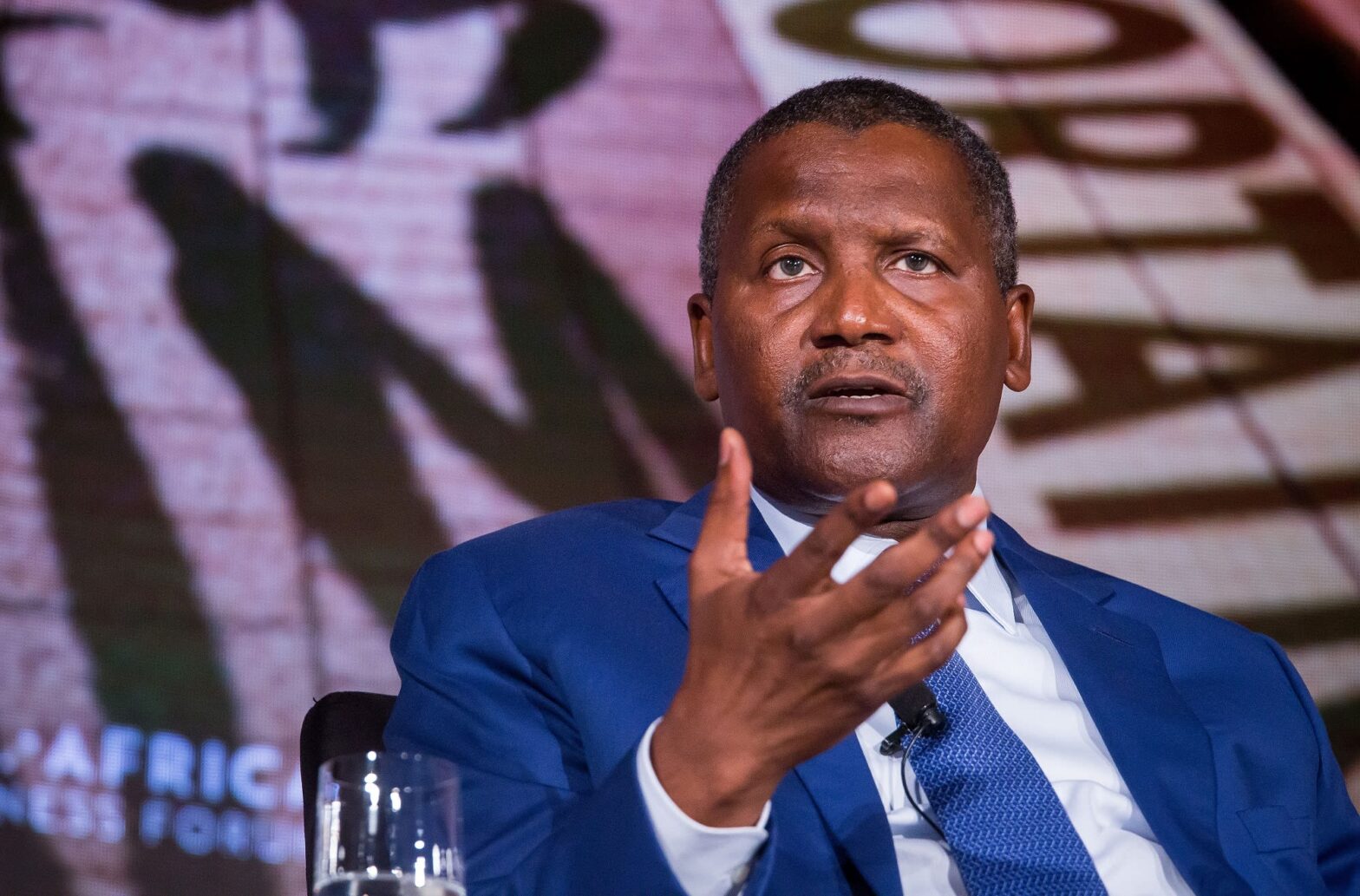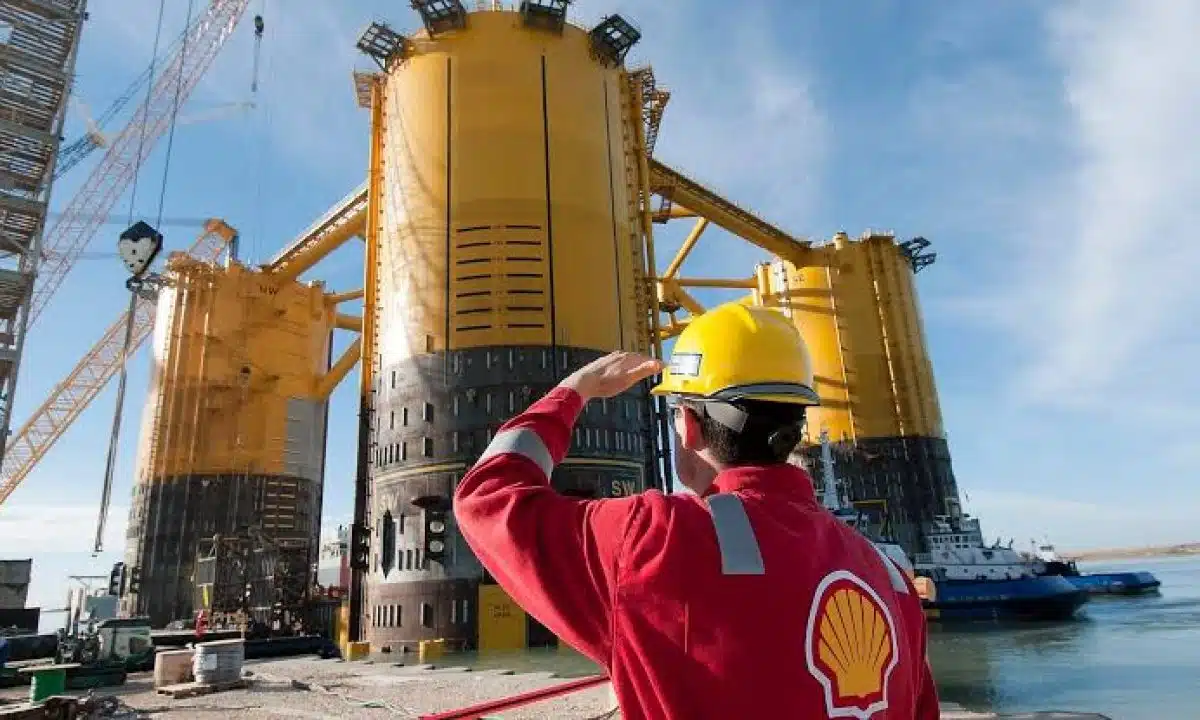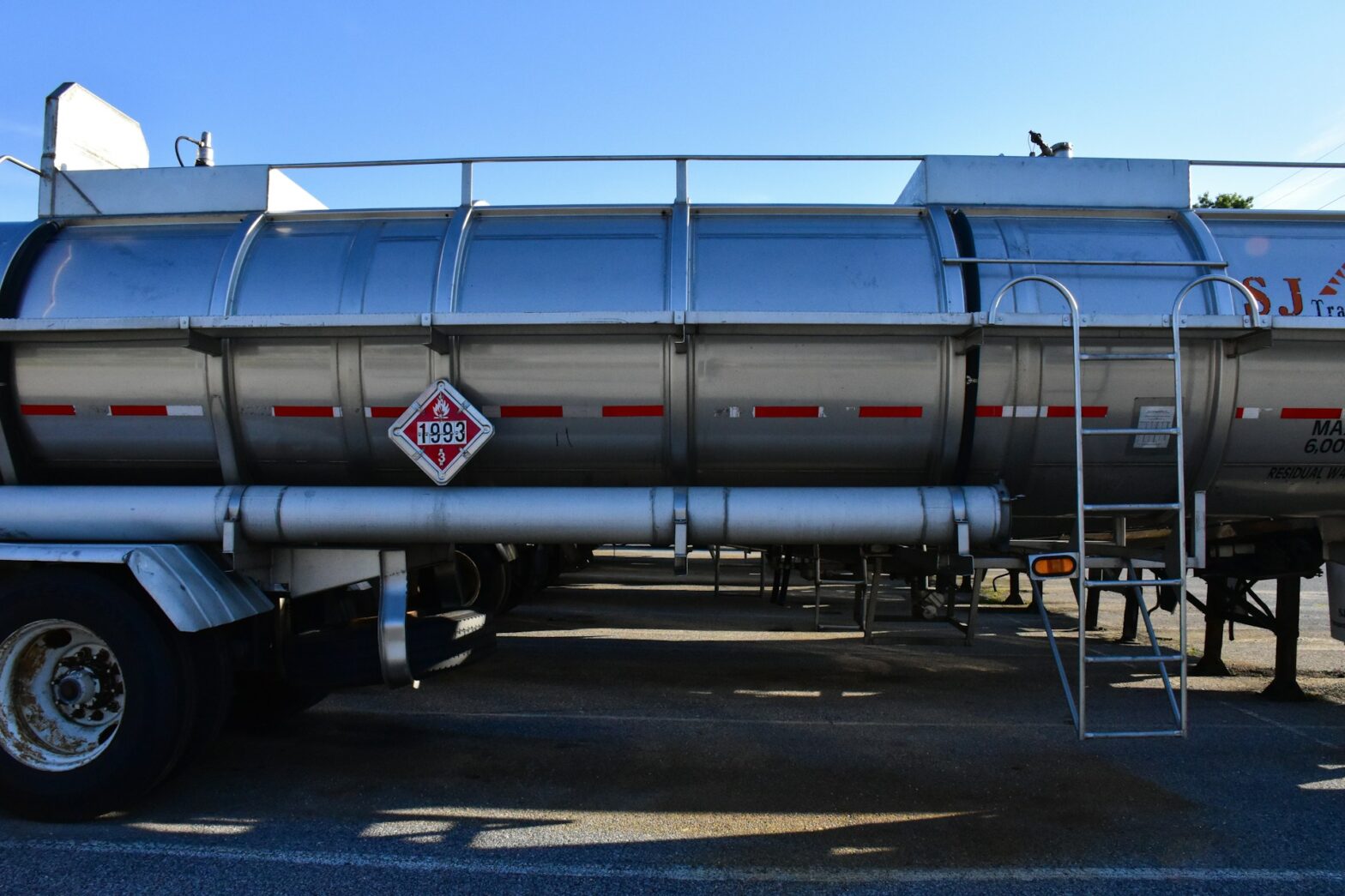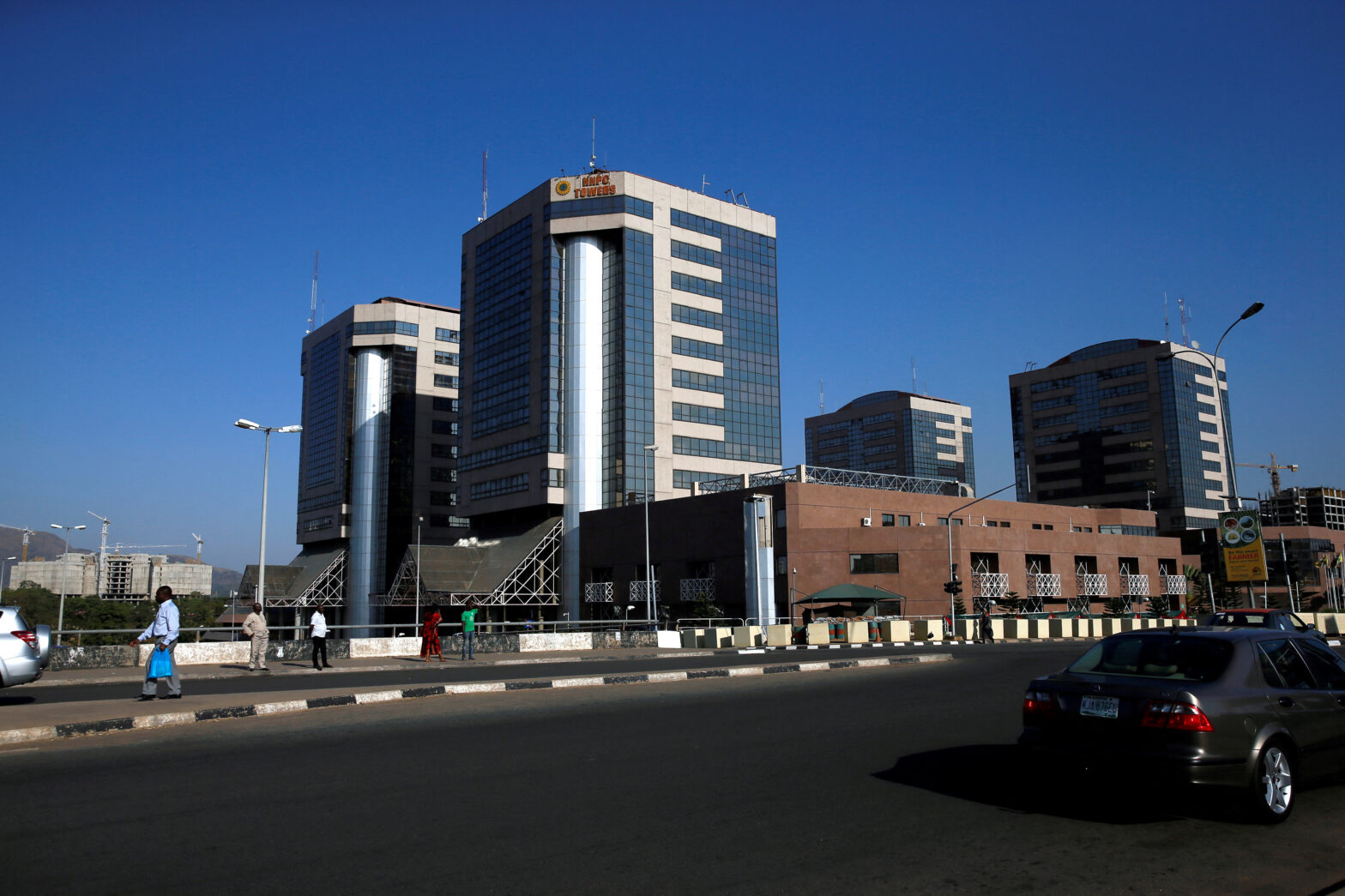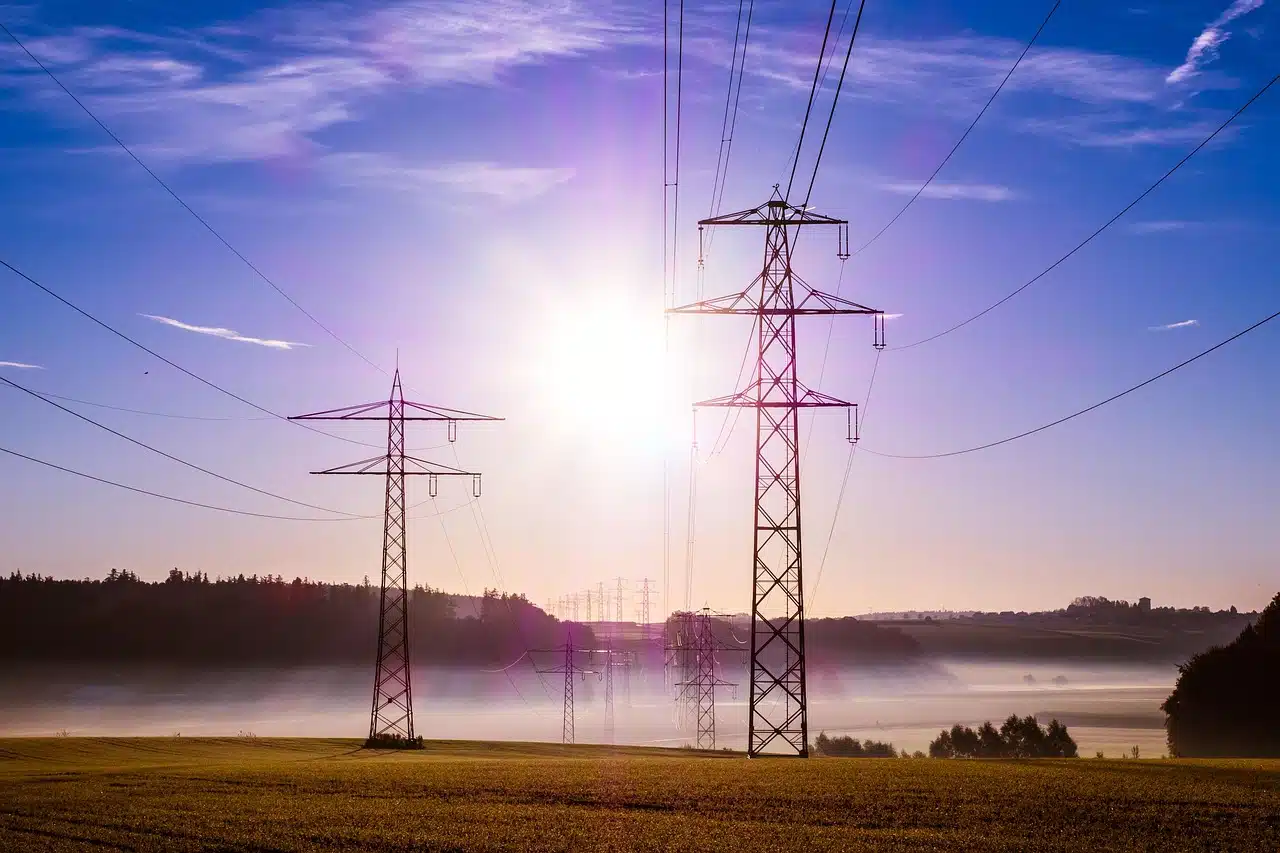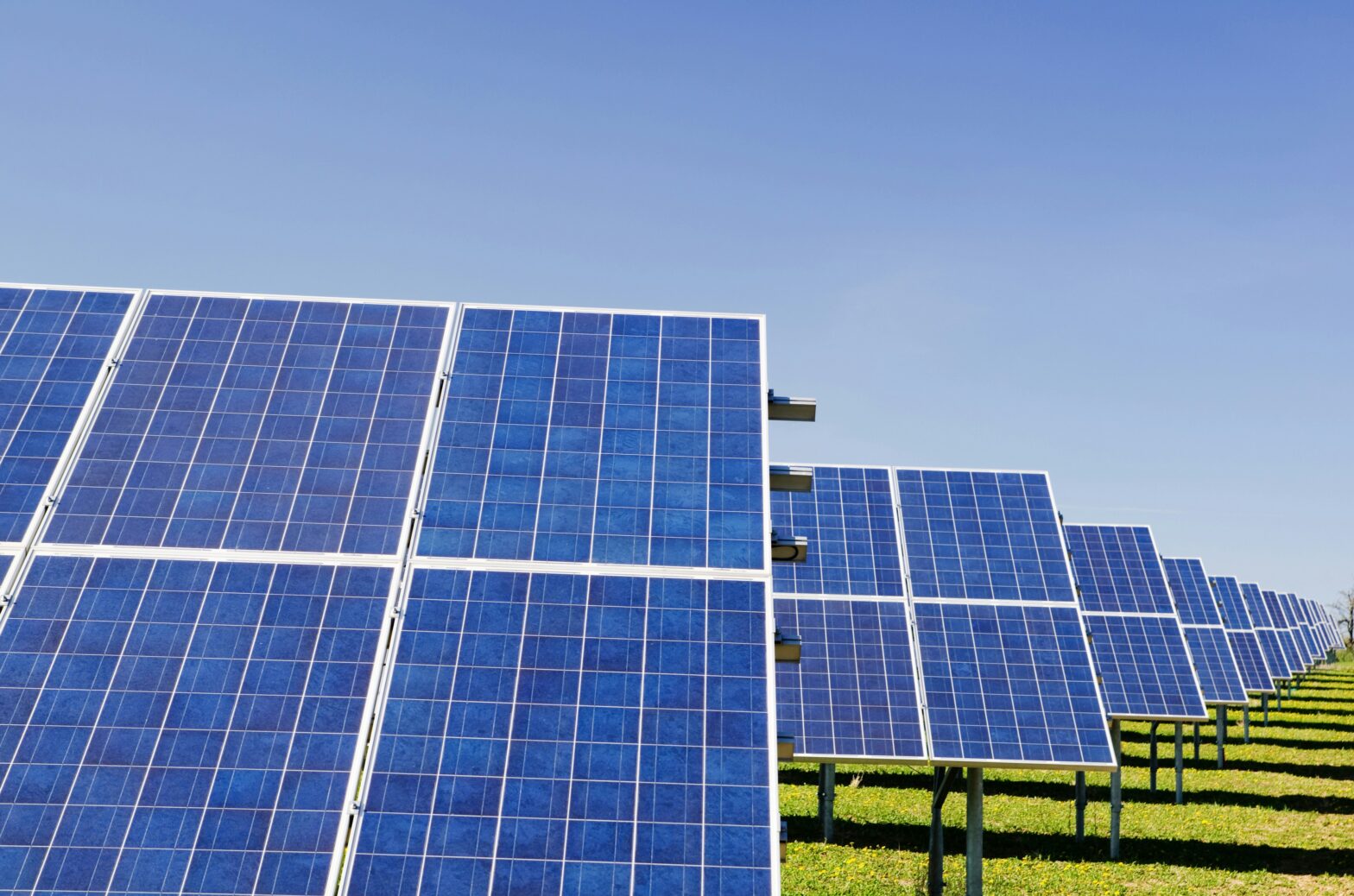In recent months, Nigeria has been embroiled in a debate over the quality of imported petrol, leading the Nigerian Midstream and Downstream Petroleum Regulatory Authority (NMDPRA) to intensify its oversight of fuel imports.
The controversy began with allegations from Dangote Refinery, accusing some oil marketers of importing substandard petrol into the country — a move that undermines local production and reduces demand for its products.
The privately-owned refinery, which began producing petrol in September 2024, said this practice has weakened demand for its fuel.
It also claimed that international traders are taking advantage of weak regulatory oversight in Nigeria to push substandard products into the market.
The management of the refinery says continued imports have undercut its fuel supply from entering the domestic market.
In a statement in November, the Dangote claimed imported poor-quality petrol was being sold at cheaper prices than its own production in the country.
“If anyone claims they can land PMS [premium motor spirit] at a price cheaper than what we are selling, then they are importing substandard products.”
The statement further alleged that these practices involve collusion with international traders to dump low-quality products into the Nigerian market, posing risks to both consumers and vehicles.
However, key stakeholders in the downstream oil market in Nigeria have debunked these claims. One of those is the Depot and Petroleum Products Marketers Association of Nigeria (DAPPMAN) which defended the integrity of its members.
Olufemi Adewole, Executive Secretary of DAPPMAN, stated, “It is a false statement to claim that any product brought in with a landing price lower than the price offered by the Dangote Refinery is a substandard product.”
He further emphasized that oil marketers adhere to international market dynamics and are committed to providing quality products to Nigerian consumers.
NMDPRA refutes claims of dirty fuel import
In response, NMDPRA has debunked these claims of substandard fuel imports, attributing falling demand instead to a five-fold increase in gasoline prices that was prevalent at the time.
Ogbugo Ukoha, Executive Director of Distribution Systems, Storage, and Retailing Infrastructure at NMDPRA, stressed the agency’s commitment to ensuring that only quality petroleum products are supplied within Nigeria.
He remarked, “There is no dirty fuel that we would encourage to come into Nigeria. And there is no dirty fuel being brought in.”
Ukoha said that all imported fuels undergo rigorous testing to comply with the country’s specifications, including the permissible sulphur content.
A recent viral video comparing petrol from the Dangote Refinery and NNPC filling stations has sparked controversy, with claims that NNPC fuel burns faster than Dangote’s.
In response, the Group Chief Executive Officer of the Nigerian National Petroleum Company Limited (NNPC), Mele Kyari, announced that security and legal measures are being taken against those spreading misinformation about the company.
Nevertheless, Nigerians took the matter to social media platforms, asking that the claim in the video should be investigated even as some queried the NNPC for still sourcing fuel from the Dangote refinery when the Port Harcourt and Warri refinery are producing.
The Petroleum Industry Act (PIA) mandates NMDPRA to promote local refining by providing incentives for investors to establish refineries and reduce Nigeria’s reliance on imported petroleum products.
Why Nigeria still imports fuel
Despite ample domestic refining capacity, trade data show that the country still imports significant quantities of its petrol needs.
Although available data shows imports have significantly slowed down from what it was during the subsidy era thanks to local refining, the volume being imported is still huge.
Nigeria’s reliance on fuel imports remains strong.
According to the National Bureau of Statistics’ (NBS), petrol and diesel continued to top the country’s import chart for the quarter.
The country spent N3.3 trillion and N1.33 trillion on petrol and diesel imports, respectively.
Petrol accounted for 22.63% of total imports, valued at N14.67 trillion, followed by diesel at 9.07%.
Earlier, Ukoha stated that local refineries supply only 50% of Nigeria’s daily fuel consumption, necessitating continued importation of Premium Motor Spirit (PMS) to meet demand.
“Just before the current administration came in. The daily PMS supply sufficiency was always in excess of 60 million. In fact, averaging about 66 million a day for PMS. And following Mr. President’s withdrawal of subsidy, the announcement of May 29th, 2023, we immediately saw a steep decline in consumption.
“And between then and as we speak, we’ve continued to do plus or minus 50 million. Of these 50 million litres averaging for each day, less than 50% of that is contributed by domestic refineries. And so the shortfall in accordance with the PIA is sourced by way of imports,” Ukoha said.
Ukoha further explained that the shortfall is covered by other Oil Marketing Companies (OMCs) through imports to prevent fuel scarcity.
“So just for clarity, what I’m saying is that the contribution of local refineries towards the sufficiency is less than 50%. Currently, between January and February, 2025, is less than 50% of what we require daily,” he said.
Before June 2023, Nigeria allocated a significant portion of its budget to subsidising petrol for millions of its citizens, spending over $10 billion annually on fuel imports.
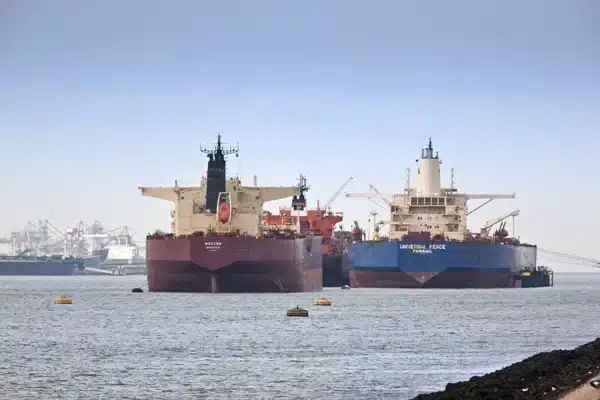
Impact of Dangote refinery in the downstream sector
The Dangote refinery is a game changer as it has the potential to saturate Nigeria’s petrol demand and generate a substantial surplus for export.
At full capacity, the refinery can produce up to 330,000 barrels of petrol daily, accounting for over 1% of global daily demand for the road fuel, estimated at 27 million barrels.
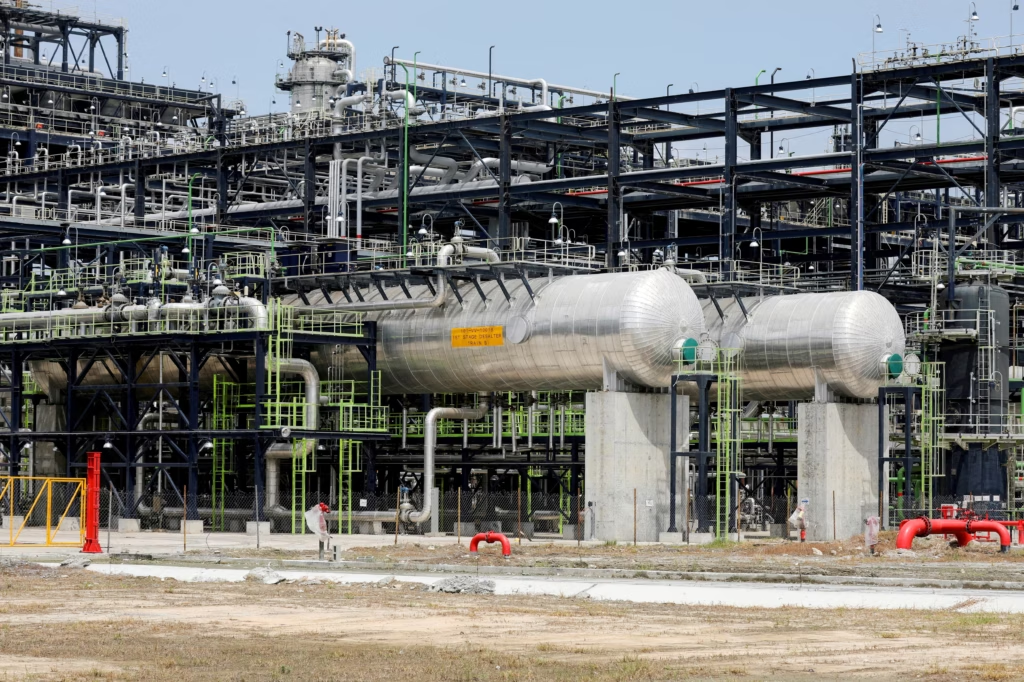
Even recent data from Bloomberg shows that Nigeria’s petrol imports have plunged to an eight-year low as the Dangote Refinery ramps up production, reducing the country’s reliance on foreign fuel.
The data also reveals that petrol shipments into Nigeria stood at approximately 110,000 barrels per day between January 1-24 this year.
Controversy over fuel importation
NNPC and the Dangote refinery are the major oil refiners and suppliers of petrol in Nigeria right now.
The former was the sole importer under the subsidy regime, when all the state-owned refineries were under undergoing a total overhaul.
It oversaw the import through the direct sale, direct purchase (DSDP) contract that was struck between the company and oil refiners in Europe.
But last year, the Dangote refinery started production, adding petrol to some of its products in September.
A few weeks later, the Old PortHarcourt and the Warri refinery (both operated by the NNPC) that were undergoing a revamp started production again, focusing on petrol
The 650,000 barrels per day Dangote plant can produce up to 90 million litres of petrol daily at full capacity, exceeding Nigeria’s daily consumption of about 50 million litres.
In addition, petrol from the refinery is reportedly the highest quality in the country.
On it part, while announcing a ban on heavy-duty tankers carrying over 60,000 litres of petroleum, the NMDPRA responded to recent concerns about fuel quality circulating on social media.
Ukoha dismissed these claims as “bogus, misleading, and unscientific,” assuring the public that all imported and locally refined petroleum products adhere to strict regulatory standards before distribution.
He urged Nigerians to disregard unfounded reports and trust in the agency’s commitment to maintaining product quality and safety.
Impact of substandard fuel in Nigeria
The supply of low-quality fuel can cause serious damage to cars and generators in Nigeria — and the country has seen this happen before.
A clear example is the February 2022 incident when petrol with high methanol content was reportedly imported from Europe.
This sparked chaos in the fuel market, leading to widespread fuel shortages and long queues at stations nationwide.
On February 8, 2022, the NMDPRA confirmed the importation of fuel with a high content of methanol in Nigeria and took measures to isolate and withdraw the product from the market, including the loaded trucks in transit.
Methanol is a regular additive blended into petrol. It makes petrol burn cleaner and helps to ensure smooth engine performance.
According to the NMDPRA, the maximum allowable limit of methanol in petrol is around 2-3% across Europe.
Until the recent return of local refining in Nigeria, the country depended on refined petroleum products from the continent, which usually makes an average of $17 billion selling refined products to Africa.
Aside from methanol, another constituent of petrol that sparks concern is the level of sulphur.
The ongoing fuel quality dispute has prompted the NMDPRA to enhance its monitoring mechanisms, ensuring that all imported petroleum products meet the nation’s quality standards.
Last October, the NMDPRA significantly upgraded the quality of petrol allowed in Nigeria, reducing its sulphur content from 150 parts per million (ppm) to 50 ppm.
Prior to this, the regulator had gradually been reducing its sulfur content from over 1,000 ppm in accordance with a drive by the Economic Community of West African Countries (ECOWAS) to raise standards and reduce health risks.
Also, European suppliers especially the three ports in the dominant Amsterdam-Rotterdam-Antwerp fuel hub, from where Nigeria imports its petrol, now enforce a 50 ppm sulfur cap on fuel exports to combat the practice of dumping harmful fuels in West Africa.
Nevertheless, the management of the Dangote refinery still believes that new trade routes have emerged and it is likely that fuel from those routes do not meet international standards.
Multiple trade sources have said that Dangote is marketing petrol supply that complies with the 50 ppm limit, while the refinery source said sulfur content from the plant was as low as 10 ppm.
The refinery allege that the NMDPRA lacks adequate testing facilities to audit the quality of imported fuel which has prevented it from enforcing the new rule, a notion which the authority has rejected, reiterating its dedication to safeguarding consumer interests and maintaining the integrity of the fuel supply chain.
Last December, the fuel regulator sealed eight petrol retail outlets in Warri and its environs for failing to comply with regulatory standards.
What are stakeholders saying?
In a recent interview, the Publicity Secretary of the Crude Oil Refiners Association of Nigeria (CORAN), Eche Idoko, disclosed that the Dangote refinery had 500 million litres of petrol in storage as of February 20, challenging the continued issuance of licences for the importation of the product by the NMDPRA.
Idoko argued that the available stock at the refinery alone can conveniently meet local consumption for 10 days, not to mention the various modular refineries in the country.
“I find that submission by NMDPRA rather curious. As we speak, Dangote has in stock 500 million litres of PMS in stock. That’s their production stock for 10 days, and it hasn’t been depleted.
“You know, I mentioned to you that in December, they were almost having a tank-top situation. So, I don’t understand why there’s a need to give licenses for importation when we have 500 million litres from only one refinery” Idoko said.
As the Dangote refinery ramps up operations and gets close to operating at full capacity, many Nigerians are not only hopeful of its ability to end fuel importation into the country but also wary of its potential to dominate the Nigerian fuel market and reshape its petroleum supply chain.
However, several industry players and stakeholders believe it won’t be an easy road for Dangote — not in a sector driven by powerful investors and competing interests.
The ongoing fuel quality dispute has prompted the NMDPRA to tighten regulatory measures on fuel importation.
The regulator has enhanced its monitoring mechanisms to ensure that all imported petroleum products meet the nation’s quality standards.
However, as the situation unfolds, stakeholders and consumers alike are closely monitoring developments, anticipating resolutions that will uphold fuel quality and market fairness in Nigeria.

